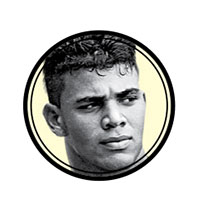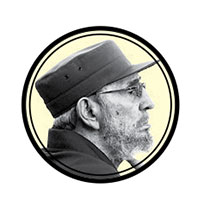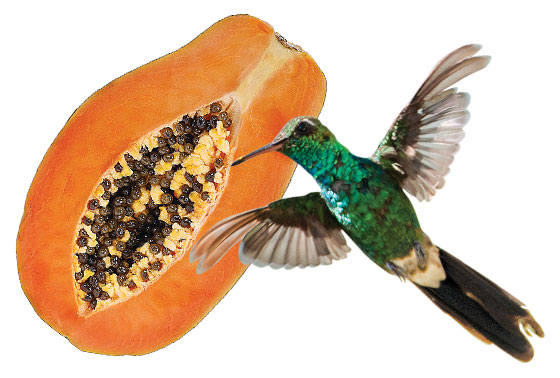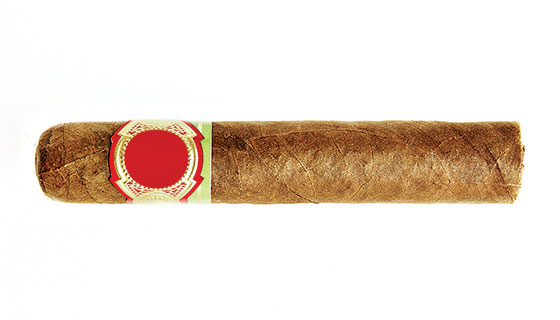 |
Tania Bruguera
(Photo: Simon Burchell/Getty Images) |
YoTambienExijo
In December, Cuban-born artist Tania Bruguera had an idea for a performance-art piece called #YoTambienExijo (�I Also Demand�): She would bring a microphone to Havana’s Revolution Plaza and invite members of the public to express themselves for one minute. It never happened. Bruguera was arrested and detained for several days. Officials are weighing the charges against her. Like with blogger Yoani Sánchez, who’s been censored for writing about daily life in Cuba, attempts to silence her have backfired, only giving her wider exposure, feeding stories everywhere from the New York Times to the Guardian.
 |
Yoan Moncada
(Photo: Aslam Ibrahim Castellon Maure) |
The National Pastime
On February 3, 19-year-old star infielder Yoan Moncada was cleared for full free agency in the U.S. and set off a bidding war expected to reach $50 million in signing bonuses. This comes at a particularly crucial time for Cuban baseball; morale is at a low point, and, as of 2014, 19 Cuban-born players were playing in the MLB, the most since 1967. Normalizing relations could be a boon to the sport on both ends, opening a safe route for Cuban players to enter the big leagues. Some see Cuba adapting the same format as the Dominican Republic, a system of payments to the island when players leave.
 |
Fidel Castro
(Photo: Jose Goitia/Gamma-Rapho via Getty Images) |
Post-Castro Plans
Little is known about the whereabouts or health of Fidel Castro. Until photos of the 88-year-old former president were released this month, many believed that he was already dead or near death. Meanwhile, his 83-year-old brother, Raúl, to whom he ceded power in 2008, has enjoyed a recent surge in popularity (thanks in part to his backroom Vatican deal with President Obama), but he’s already stated that he won’t seek reelection in 2018. Will this mean the end of the Castro era? Or will his likely successor, Facebook-savvy Vice-President Miguel Díaz-Canel, ensure the revolution continues for another half-century?
Slang Cubano
Don’t pull a Mitt Romney.
 |
Papaya is called fruta bomba in Havana.
|
Chavitos: The Cuban convertible-peso (CUC) currency used by foreigners is nicknamed such (a play on the name of former Venezuelan president Hugo Chávez). Some wonder if a more open Cuba will mean the end of the two-currency system, leaving only the Cuban peso.
Fruta bomba: Because papaya is slang for a woman’s private parts, the fruit is more commonly called fruta bomba in Havana. In 2012, Mitt Romney drew ridicule when he told a Cuban-American radio show that he was a �big fan� of papaya.
Somos Amigando: Translated directly as �We are friending.� If you tell someone in Havana these days that you’re American, this will likely be the response.
Yuma: More so than gringo, this is the word used in Cuba to describe a foreigner, particularly an American. La Yuma is also slang for the United States.
ZunZuneo: The sound a Cuban hummingbird makes�as well as the name of the Twitter-like network that was secretly funded by the U.S. a few years ago.
On or About December 17
 |
As of December 17, you’re allowed to bring $100 worth of tobacco products from Cuba to the U.S.
|
What’s Changed Since Then
Who can go: Instead of the arduous task of applying for a license, travelers can now get there without U.S. approval if they fall under 12 broad categories (those visiting relatives, freelance journalists, a dancer participating in a performance, etc.).
Spending money: It’s now legal for an American to spend money in Cuba.
Cigars: Possible to bring Cubans home without removing the labels or hiding them.
Flights: Charter flights, including those from JetBlue and American Airlines, are increasingly flying between the U.S. and Cuba; in March, Cuba Travel Services will begin offering $850 round-trip direct flights from JFK.
And What Hasn’t
Who can go: General tourists who don’t fall into one of the 12 broad categories and are unwilling to illegally slip in through an open window like Mexico still need to apply for a license to travel here until the embargo is lifted.
Spending money: ATMs and most credit cards will not work until details are hammered out between banks in both countries; MasterCard, however, will begin allowing transactions in Cuba this March, though travelers should still bring enough cash to pay for the entirety of their stay and exchange dollars into CUCs upon arrival at the airport.
Cigars: You’re allowed to bring back only $100 worth of tobacco (and alcohol) products.
Flights: Thus far, no U.S. airline offers regular commercial flights to Havana.